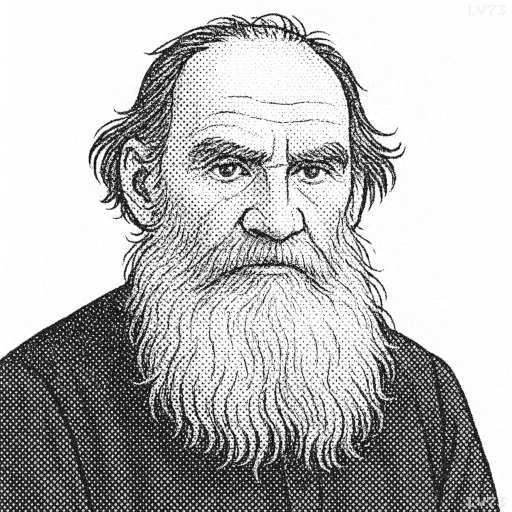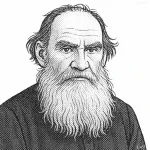“We must not only cease our present desire for the growth of the state, but we must desire its decrease, its weakening.”

- September 9, 1828 – November 20, 1910
- Born in Russia
- Writer, philosopher
table of contents
Quote
“We must not only cease our present desire for the growth of the state, but we must desire its decrease, its weakening.”
Explanation
In this quote, Leo Tolstoy calls for a radical shift in how we view the role of the state in society. He suggests that not only should people stop desiring the expansion of state power, but they should actively wish for the diminishment and weakening of state authority. Tolstoy was a strong advocate for individual freedom and self-governance, and he believed that the state often functions as an oppressive force that restricts personal liberty and imposes unnecessary control over people’s lives. According to Tolstoy, true freedom and moral integrity can only be achieved when individuals are not governed by external powers but can live in a society based on voluntary cooperation and moral responsibility.
This message resonates in modern discussions about government power and individual rights. In many societies today, government control often extends into numerous aspects of daily life, from laws and regulations to surveillance and economic control. Tolstoy’s call for the weakening of the state encourages reflection on whether state power is being used to serve the true needs of the people or whether it is being used to maintain control and suppress personal freedoms. His philosophy promotes the idea that societies function best when power is decentralized and when individuals take responsibility for their own actions in alignment with their moral values.
Tolstoy’s own life was deeply influenced by his rejection of institutional authority, particularly the church and the state, which he saw as oppressive forces. His commitment to anarchism and pacifism was based on the belief that peace and justice could only be achieved when individuals lived according to their conscience, without the coercive influence of external authorities. This quote reflects Tolstoy’s vision of a society where freedom and moral clarity are not impeded by the state’s power but are instead nurtured through voluntary cooperation and spiritual integrity.
Would you like to share your impressions or related stories about this quote in the comments section?


